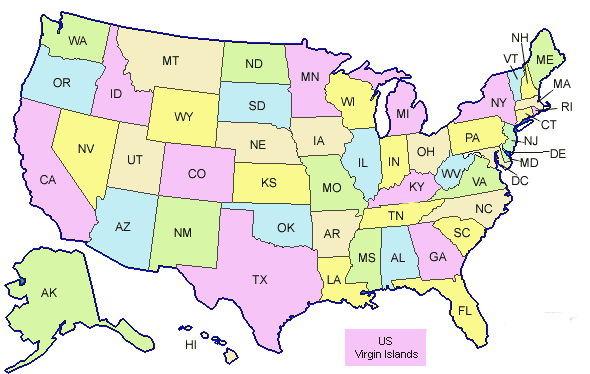Oregon Financial Plans, Medicaid, IV-E, Daycare, Payments
Financial Plans
Oregon permits a child in the legal custody of a Sending State to apply for and receive the following state administered assistance/benefits in Oregon as the Receiving State:
- Medicaid
- TANF Child Only
- TANF–Family
- Kin-Guardianship - State
As the Sending state, the following are considered as a viable financial/medical plan when making interstate placements:
- Applying for TANF - (Family Income Based)
- Applying for TANF - Child Only
- Title IV-E Foster Care
- Title IV-E Adoption Assistance
- Sending State Adoption Assistance
- Kin-Guardianship - Fostering Connections (IV-E)
- Kin-Guardianship - State
- Medicaid
- Sending State’s Coverage for Medical Assistance
As the Receiving state, the following are considered a viable financial/medical plan when receiving interstate placements:
- Applying for TANF - (Family Income Based)
- Applying for TANF - Child Only
- Title IV-E Foster Care
- Title IV-E Adoption Assistance
- Sending State Adoption Assistance
- Medicaid
- Sending State’s Coverage for Medical Assistance
Medicaid/Medical Assistance Coverage, Benefits and Services
Oregon will ensure medical coverage benefits and services can be received through benefits, programs and providers in the Receiving State before placing a child across state lines:
- Other: The plan for medical coverage is determined before placement, however it is not always possible to verify eligibility for coverage before placement.
Medicaid
The receiving state is responsible for the Medicaid benefits of children eligible under Title IV-E. Otherwise, the responsibility is with the sending state (see Foster Care Payments):
- Other: Non-IV-E eligible children may qualify for coverage in Oregon by meeting other eligibility requirements. If they do not qualify for Medicaid or other insurance, and the caregiver is unable to pay for medical expenses, the sending state is responsible to cover medical costs.
Waiting Period for Medicaid Benefits
Waiting period to apply for benefit assistance:
Waiting period to receive benefits for a child who is under the legal custody/legal jurisdiction of the sending state:
State Medical Insurance/Coverage
As the Sending State, Oregon will provide medical coverage if the child is NOT IV-E eligible:
- Other: The caregiver is expected to apply for Medicaid in the receiving state. If denied, then the child is covered by the Oregon Health Plan (OHP). Service providers must be enrolled with OHP in order to bill for services.
As the Sending State, Oregon will permit Placement Resources to apply for medical benefits in the Receiving State or use their personal insurance:
Payments Made
TANF Payments:
- When Oregon is the receiving state, relative caregivers and parents may qualify for TANF payments based on their income. When Oregon is the sending state, TANF application would be made only if placement is with a parent.
Adoption assistance payments begin:
Foster Care Payments:
As a sending state, Oregon makes foster care payments for all substitute care placements. Payments are based on current Oregon foster care rates. Foster license or certification is required for relatives of children who are Title IV-E eligible, or for any non-relative placement.
Special Education Payments:
- Other: Oregon Department of Human Services rarely pays for special education services for Oregon children placed out-of-state, because like Oregon, most other states adhere to the princible that education is the responsibility of the state where a child physically resides, however the Department has reimbursed other states for education expenses in rare instances in which receiving states have been unwilling to provide education to resident children placed from out of state unless and until the sending agency agrees to reimburse the receiving state for these costs.
Daycare Payments:
As a sending state, Oregon rarely pays for child care for children placed out-of-state, however this could occur in unique circumstances.
Kinship Program
No information provided
Title IV-E
MEDICAID - The receiving state is responsible for the Medicaid benefits of children eligible under Title IV-E. Otherwise, the responsibility is with the sending state (see Foster Care Payments):
- Other: Non-IV-E eligible children may qualify for coverage in Oregon by meeting other eligibility requirements. If they do not qualify for Medicaid or other insurance, and the caregiver is unable to pay for medical expenses, the sending state is responsible to cover medical costs.
Title IV-E documentation/verification required:
- Yes: Eligibility determination.
